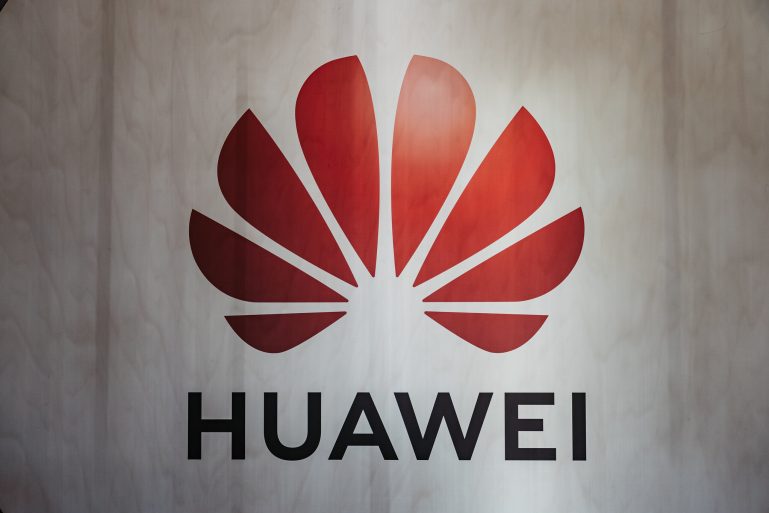The Huawei Model by Yun Wen

Revenues at Chinese telecoms giant Huawei plunged to 634 billion yuan ($99 billion) for the full-year 2021 — a 28.9% year-on-year decline — as the company faced major challenges: a semiconductor shortage, slumping demand for smartphones and the continuation of U.S. sanctions against the company.
Wen’s study chronicles Huawei’s links to the Chinese state, analyzing with forensic detail the degree to which the company’s commercial strategy is shaped by political ideology. It is revealing to note, for example, that the company’s approach to expansion within domestic and foreign markets — the tactic of “encircling cities from the countryside” — was taken directly from Chairman Mao’s 1937 playbook on guerilla warfare.
This is a nuanced account, and there are moments that illustrate why lesser economically developed countries in Africa and Latin America have struck deals with Huawei for assistance with infrastructure development. A nation may find itself indebted to the Chinese government through contracts with Chinese state-backed contractors, but in doing so obtains resources required to bring the internet to its population that cannot be accessed through western capital markets.
Arguably the most illuminating section of Wen’s text is a chapter that gives forensic detail about the company’s ownership and management structure. A shareholding scheme designed to give junior staff the chance to benefit financially from their hard work seems equitable, but in the end the value of their equities is diluted.
This fascinating treatise uses interviews with primary sources to provide gritty detail about an opaque company that has a central role in the the rise of China as a twenty-first century superpower. Huawei simultaneously embodies the attributes of a ruthless conglomerate operating within the boundaries of global capitalism, and a proto-communist entity where workers and executives are presented to the outside world on an equal footing.
THE HUAWEI MODEL is published in paperback by the University of Illinois Press, pp. 256, $25.00, November 2020.

John is the managing editor of Washington, D.C.-based technology publication FedScoop, and was previously a reporter at Institutional Investor in New York. He has a master’s degree in social policy from the London School of Economics and his writing has appeared in The Scotsman and The Sunday Times newspapers.